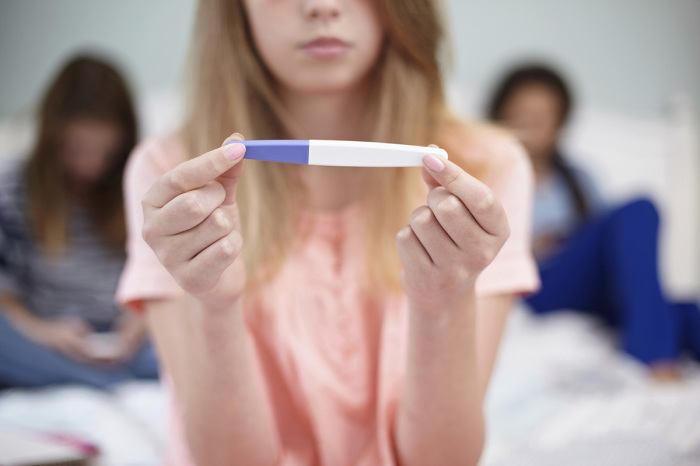Abortion proponents claim 64,000 babies conceived in rape in states with pro-life laws

A pro-life researcher has questioned the accuracy of a study that claims more than 64,000 pregnancies resulted from rape in states that have banned abortion in most cases following the Supreme Court decision that overturned Roe v. Wade.
The reversal of Roe restored regulatory authority over abortion to the states, and following the high court’s June 2022 ruling, pro-life laws went into effect in 14 states. Nine of these states that enacted abortion bans did not include exceptions for rape or incest.
According to a study published last Wednesday in the academic journal JAMA Internal Medicine, between July 1, 2022, and Jan. 1, 2024, over 500,000 rapes occurred in states with strong pro-life laws, resulting in 64,565 babies conceived in rape.
“Of these, an estimated 5,586 rape-related pregnancies (9%) occurred in states with rape exceptions, and 58,979 (91%) in states with no exception, with 26,313 (45%) in Texas,” the study claimed.
The authors behind the study included Samuel Dickman, the medical director for Planned Parenthood of Montana, and Kari White, the executive and scientific director of Resound Research for Reproductive Health.
In an analysis of the study published in the National Review, Michael New, senior associate scholar at the pro-life Charlotte Lozier Institute, asserted that there are significant issues with the authors' methodology.
“To call those figures an exaggeration would be an understatement. The article is frankly one of the worst and most misleading pieces of advocacy research that I have ever encountered in my years as social scientist,” New wrote. “Furthermore, the fact that this article appeared in a prestigious peer-reviewed journal grants it legitimacy and credibility that it absolutely does not deserve.”
The pro-life researcher noted that the study claimed 12.5% of rapes resulted in conception, which he singled out as an “exceptionally high figure.” New cited a survey of over 4,000 women published in the American Journal of Obstetrics and Gynecology in 1996 that estimated the national rape-related pregnancy rate is 5% per rape victim. The reproductive ages of the victims associated with this figure ranged from 12 to 45.
“Furthermore, the 5 percent figure cited in this 1996 journal article is probably high because several survey respondents reported being raped more than once,” New added.
Another issue with the study, according to the pro-life researcher, is that the authors used data from the Centers for Disease Control and Prevention’s 2016–17 National Intimate Partner and Sexual Violence Survey. The CDC survey found that over 1.4 million women were the victims of a completed forcible rape during a 12-month period.
“That is over four times higher than the estimates provided by the Department of Justice’s National Crime Victimization Survey and over 10 times higher than FBI data on the number of rapes reported to law enforcement,” New said about the finding.
“Furthermore, the CDC data have been criticized for significantly overestimating the incidence of rape,” the pro-life researcher continued. “Fair-minded researchers would have at least acknowledged these disparities. However, the authors of the JAMA Internal Medicine article simply assume that the much higher CDC estimates are the most accurate.”
In 2014, a Time magazine article highlighted some of the concerns with the CDC’s rape numbers, such as the wording of the questions, which might have created a “false positive” that led people to answer in the affirmative. The CDC asked respondents “how many” people had used force or threats to make them engage in a sexual act instead of asking “whether anyone” had done so, according to the report.
“This wording removes the extra hurdle of admitting that such a violation has happened, and thus encourages more reporting,” Time magazine reported.
In addition to the issues with the CDC’s numbers, New pointed out that, based on the assessment made by the study's authors, there would have been 178,000 children conceived in rape in 2017. According to the pro-life researcher, this would mean that 10% of all abortions were conducted on rape victims.
“However, multiple Guttmacher surveys find that only 1% of women seeking abortions cite being a rape victim as a reason for obtaining an abortion. This clearly shows how exaggerated these estimates really are,” New stated, citing data from the pro-choice research organization.
Samantha Kamman is a reporter for The Christian Post. She can be reached at: [email protected]. Follow her on Twitter: @Samantha_Kamman




























